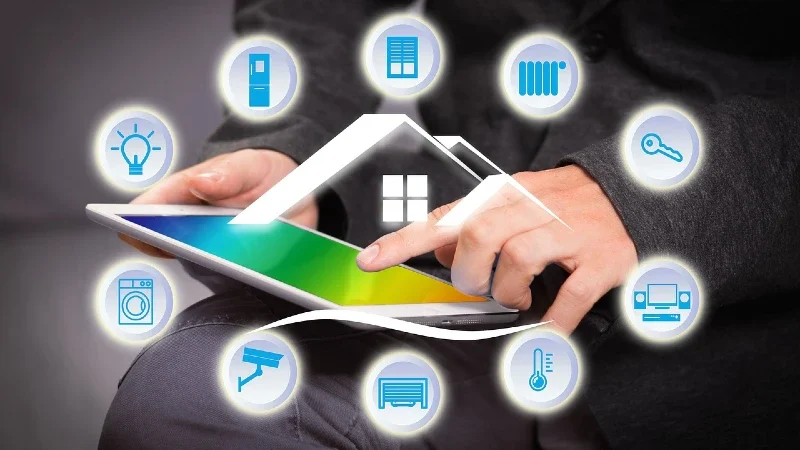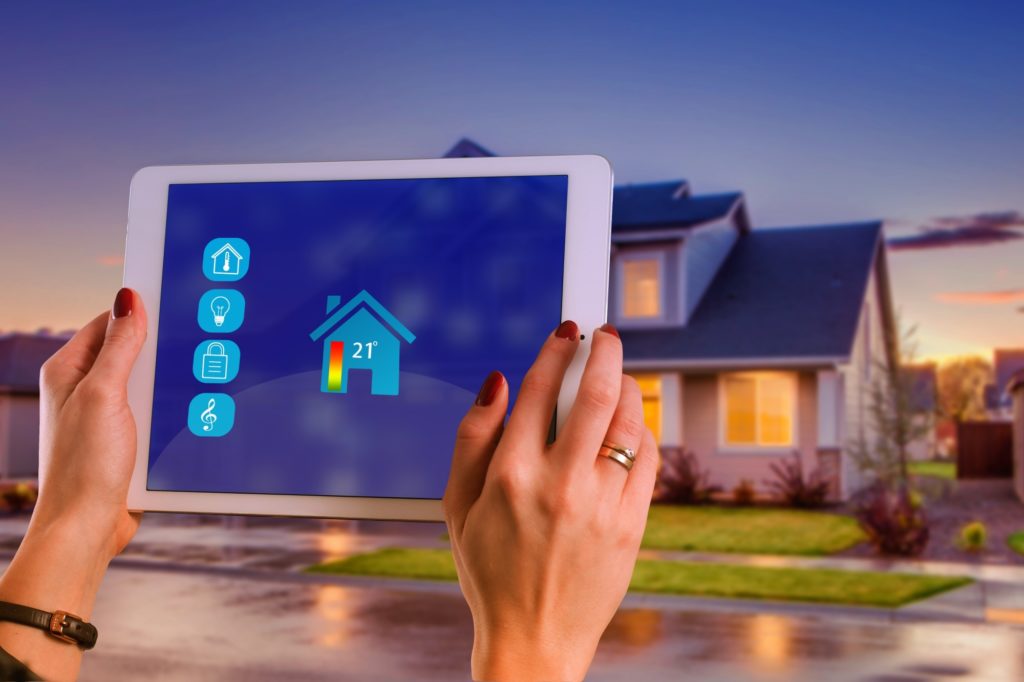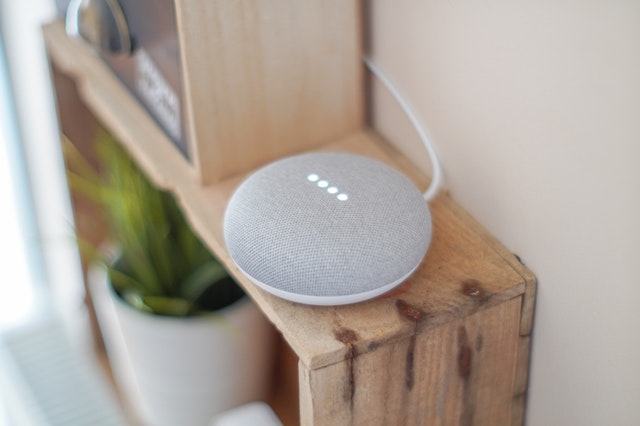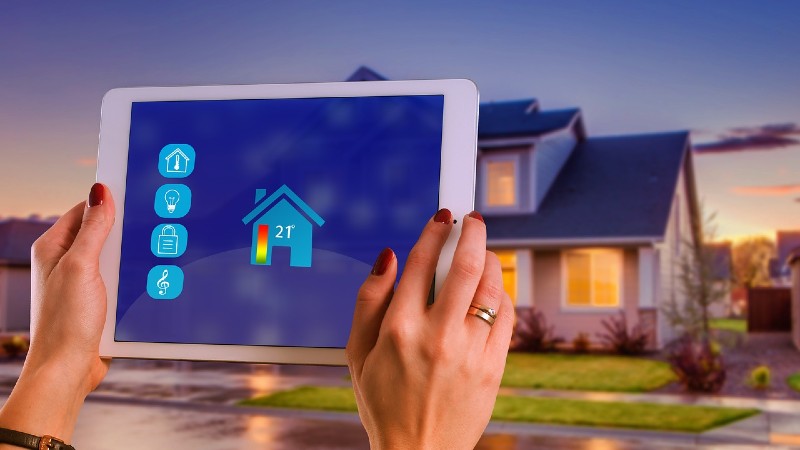Disclosure: This post may contain affiliate links, meaning we get a commission if you decide to make a purchase through our links, at no cost to you. Please read our disclosure for more info.
Smart homes are no longer a futuristic concept but a reality that many homeowners are embracing. With the proliferation of connected devices, from lights and thermostats to security cameras and kitchen appliances, the need for a central control system has become essential. This is where smart home hubs and controllers come into play. In this comprehensive guide, we will delve into the world of smart home hubs and controllers, exploring their significance, functionality, and how to choose the right one for your unique needs.
In an era defined by technological advancement, the smart home ecosystem has gained remarkable traction. As more devices become “smart,” the challenge lies in managing and orchestrating these devices efficiently. This is where smart home hubs and controllers prove their worth. These central brain-like devices serve as the command center, allowing you to control various smart devices seamlessly.
In This Post:
Key Takeaways
- Understand the role of smart home hubs and controllers in managing connected devices.
- Explore the functionalities and benefits offered by these devices.
- Learn about factors to consider when choosing the right smart home hub or controller.
- Discover top options available in the market.
- Gain insights into the future of smart home automation.
The Significance of Smart Home Hubs and Controllers
Smart home hubs and controllers serve as the linchpin of a well-orchestrated smart home ecosystem. They enable different smart devices to communicate and collaborate effectively. Instead of managing each device individually, a hub or controller allows you to control them collectively through a single interface. This not only enhances convenience but also elevates the level of automation and integration within your home.
Functionalities and Benefits
Streamlined Control
Imagine being able to adjust your thermostat, dim the lights, lock the doors, and play your favorite music, all with a single voice command or tap on your smartphone. Smart home hubs and controllers make this scenario a reality. They provide a centralized platform where you can control various devices effortlessly.
Enhanced Automation
One of the standout features of smart home hubs and controllers is their ability to automate routines. You can create scenarios that trigger multiple devices simultaneously. For instance, you can set a “Good Morning” routine that turns on the lights, adjusts the thermostat, and starts brewing your coffee—all as you wake up.
Interoperability
With the multitude of smart devices available from different manufacturers, compatibility can be a concern. Smart home hubs act as intermediaries, bridging the gap between devices that use different communication protocols. This means you can mix and match devices from various brands without worrying about connectivity issues.
Future-Proofing
Investing in a capable smart home hub or controller is a step towards future-proofing your home. As technology evolves, these devices are designed to receive updates and support new integrations. This ensures that your smart home remains up-to-date and adaptable to emerging trends.
Choosing the Right Smart Home Hub or Controller
Compatibility
Before making a purchase, ensure that the hub or controller is compatible with the devices you already own or plan to acquire. Check the supported communication protocols and compatibility lists provided by the manufacturer.
Connectivity Options
Consider the connectivity options offered by the device. While many hubs connect via Wi-Fi, others might utilize Zigbee or Z-Wave protocols. Choose a device that aligns with your existing network setup.
Automation Capabilities
Evaluate the automation capabilities of the hub or controller. Look for features that allow you to create complex routines and scenarios based on your preferences and daily routines.
User Interface
A user-friendly interface is crucial for seamless control. Whether it’s a dedicated app, a web interface, or voice commands, ensure that the interface aligns with your preferences and technical comfort.
Top Smart Home Hubs and Controllers in the Market
- Amazon Echo Plus
- Google Nest Hub
- Seamlessly integrates with Google Assistant.
- Features a vibrant touchscreen display.
- Samsung SmartThings Hub
- Supports a wide range of communication protocols.
- Allows intricate automation and customization.
The Future of Smart Home Automation
As technology advances, the capabilities of smart home hubs and controllers will continue to expand. We can expect more intuitive interfaces, enhanced machine learning algorithms for predictive automation, and improved interoperability among devices.
How do smart home hubs work?
Smart home hubs act as intermediaries between different smart devices by translating their various communication protocols into a language they can all understand. This enables seamless control and automation.
Can I use multiple smart home hubs?
Yes, you can use multiple hubs, but it’s essential to ensure they are compatible and don’t create conflicts in managing your devices.
Do smart home hubs store my data?
Smart home hubs may store some data for automation purposes, but reputable manufacturers prioritize data security and privacy. Always review the device’s privacy policy before making a choice.
Are there alternatives to dedicated hubs?
Yes, some devices offer built-in hub functionalities, like smart speakers with integrated assistants. However, dedicated hubs often provide more advanced automation and compatibility options.
Conclusion
In the realm of smart homes, where devices communicate and collaborate seamlessly, smart home hubs and controllers emerge as the central brain, orchestrating the symphony of automation. With their ability to streamline control, enhance automation, and ensure compatibility, they play a pivotal role in creating a truly interconnected living space. As technology progresses, these devices will continue to shape the future of smart home automation, simplifying our lives while making homes smarter than ever before.








